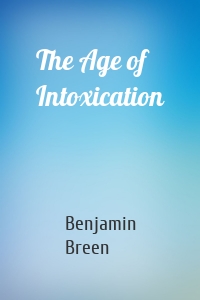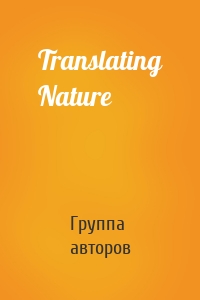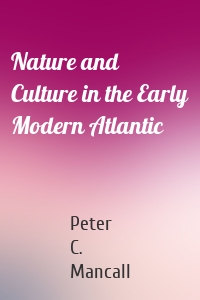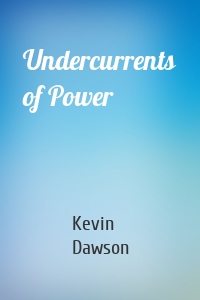Серия "The Early Modern Americas"
5 кн.Скачать лучшие книги серии The Early Modern Americas - автор Benjamin Breen в формате fb2 или читать онлайн, бесплатно и без регистрации. Читаемые, полные версии книг, без сокращений - на сайте Knigism.online. Скачать книги полностью в количестве 5 шт.
The Age of Intoxication
Eating the flesh of an Egyptian mummy prevents the plague. Distilled poppies reduce melancholy. A Turkish drink called coffee increases alertness. Tobacco cures cancer. Such beliefs circulated in the seventeenth and eighteenth centuries, an era when the term «drug» encompassed everything from herbs and spices—like nutmeg, cinnamon, and chamomile—to such deadly poisons as lead, mercury, and arsenic. In The Age of Intoxication , Benjamin Breen offers a window into a time when...
| Автор | Benjamin Breen |
Translating Nature
Translating Nature recasts the era of early modern science as an age not of discovery but of translation. As Iberian and Protestant empires expanded across the Americas, colonial travelers encountered, translated, and reinterpreted Amerindian traditions of knowledge—knowledge that was later translated by the British, reading from Spanish and Portuguese texts. Translations of natural and ethnographic knowledge therefore took place across multiple boundaries—linguistic,...
| Автор | Группа авторов |
Nature and Culture in the Early Mod...
In the sixteenth-century Atlantic world, nature and culture swirled in people's minds to produce fantastic images. In the South of France, a cloister's painted wooden panels greeted parishioners with vivid depictions of unicorns, dragons, and centaurs, while Mayans in the Yucatan created openings to buildings that resembled a fierce animal's jaws, known to archaeologists as serpent-column portals. In Nature and Culture in the Early Modern Atlantic , historian Peter C. Mancall...
| Автор | Peter C. Mancall |
Intimate Bonds
Following the stories of families who built their lives and fortunes across the Atlantic Ocean, Intimate Bonds explores how households anchored the French empire and shaped the meanings of race, slavery, and gender in the early modern period. As race-based slavery became entrenched in French laws, all household members in the French Atlantic world —regardless of their status, gender, or race—negotiated increasingly stratified legal understandings of race and gender. ...
| Автор | Jennifer L. Palmer |
Undercurrents of Power
Long before the rise of New World slavery, West Africans were adept swimmers, divers, canoe makers, and canoeists. They lived along riverbanks, near lakes, or close to the ocean. In those waterways, they became proficient in diverse maritime skills, while incorporating water and aquatics into spiritual understandings of the world. Transported to the Americas, slaves carried with them these West African skills and cultural values. Indeed, according to Kevin Dawson's examination of water...
| Автор | Kevin Dawson |






